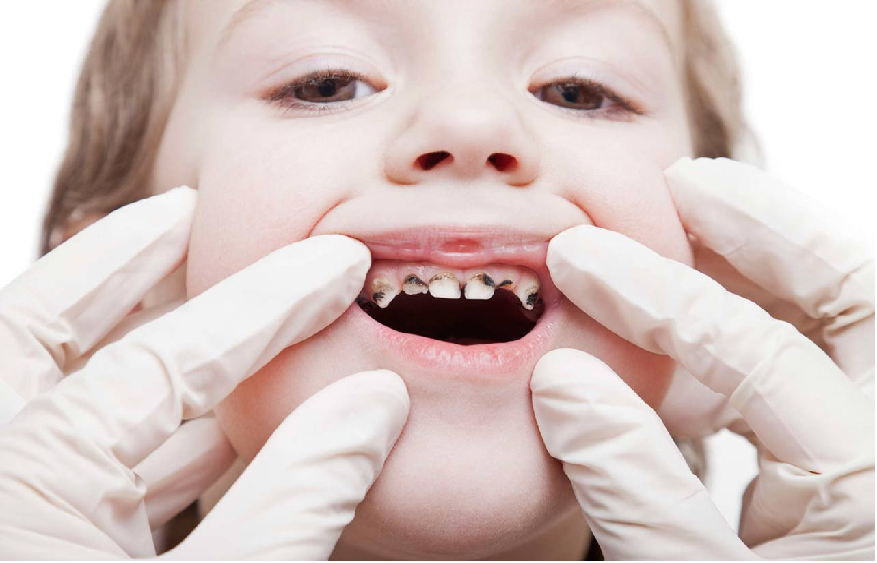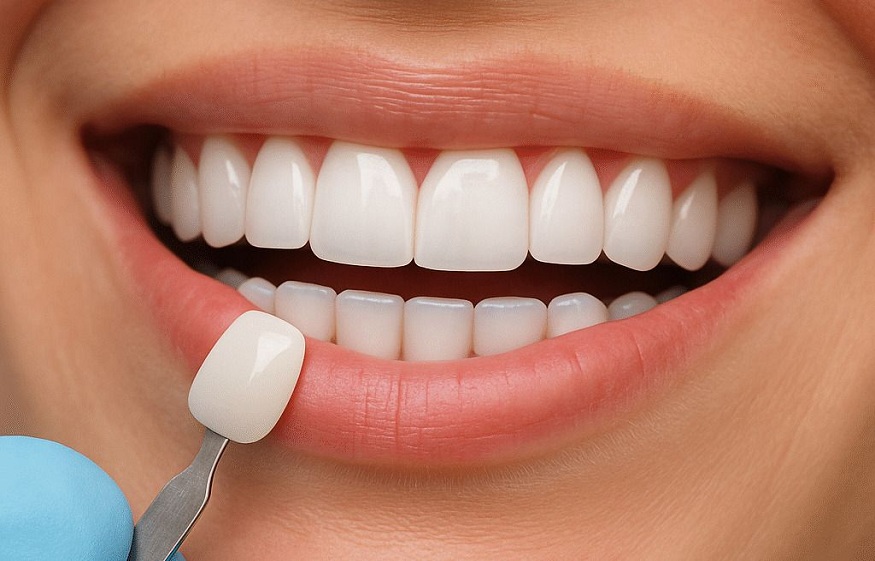If you’re the kind of person who’s afraid to go to the dentist, then you’re not alone. Many people do. There’s always that underlying fear of pain and discomfort. Sometimes, there can even be a lot of anxiety about what might happen during the appointment itself. If you feel like this before your visit, it could make things worse when you actually get to the dentist’s office. Your stress levels are likely to shoot through the roof, which can make it even harder to cope with any pain or discomfort that follows. It doesn’t have to be this way though. Here are a few ways you can help yourself overcome your fears and make things easier for you.
1) Plan Ahead
Know what’s expected of you ahead of the appointment. This means knowing what will happen during your visit so that you aren’t left wondering. It also means finding out what you need to do to prepare for your appointment beforehand. Will you need to fast before the appointment? Will you have tests done? What’s the plan for your dental work? When you know all of this information, it’s easier for you to mentally prepare yourself. If there are any pre-appointment instructions or requirements that you don’t understand, then ask.
2) Educate Yourself About Cavities and Tooth Decay
Cavities and tooth decay can make going to the dentist a frightening experience. If you already know what they are and how they’re caused, it’s far easier for you to deal with any pain or discomfort that they might cause, because you know what’s occurring and how it’ll be treated.
You can also learn about some of the common dental treatments required for cavities and tooth decay. Is there anything you can do before your appointment to make it s easier? The dentist will usually want to take an X-ray or two during your consultation. If they find any problems, then they’ll need to fill the cavity immediately. They might decide that crowns are necessary too if there’s a lot of decay.
3) Prepare Yourself Mentally
This means knowing what to expect when you get to the dentist’s surgery and mentally preparing yourself for it. Will there be any physical discomfort? If so, how much can you handle without panicking? What kinds of physical symptoms might make it harder for you to cope? Can you breathe slowly and deeply until they pass? Can you work through it using relaxation methods?
4) Practice Relaxation Techniques Ahead of Time
By practicing relaxation techniques in advance, you can get used to them and know what to expect. You can also use them whenever you need them during your dental appointment. This means breathing slowly and deeply when pain or discomfort arise, staying still when that’s what the dentist wants, and trying to keep your mind focused on something else.
5) Talk Openly With Your Dentist & Staff
Open communication throughout your appointment is vital in reducing stress levels. If you’re nervous about anything in particular, then do tell them so. You can even let them know if you want them to slow down or adjust the speed of your treatment. You can also tell them if something doesn’t feel quite right, and they’ll usually accommodate you.
At all costs, avoid trying to mask your pain or discomfort. If things get too much, then let them know so that they can take care of you straight away. Of course, many good dentists like Smiles By Dixon will always want you to feel as comfortable as possible.



